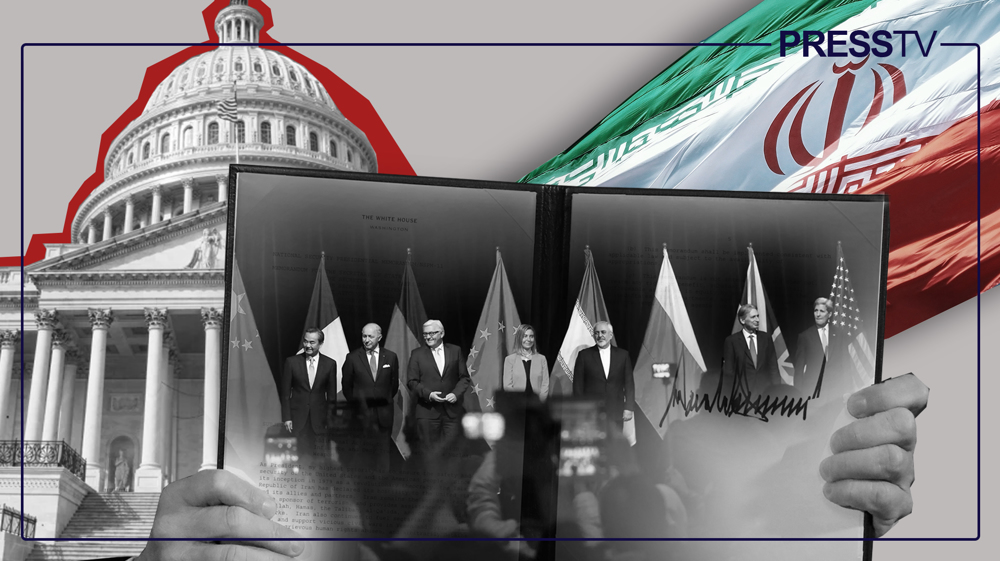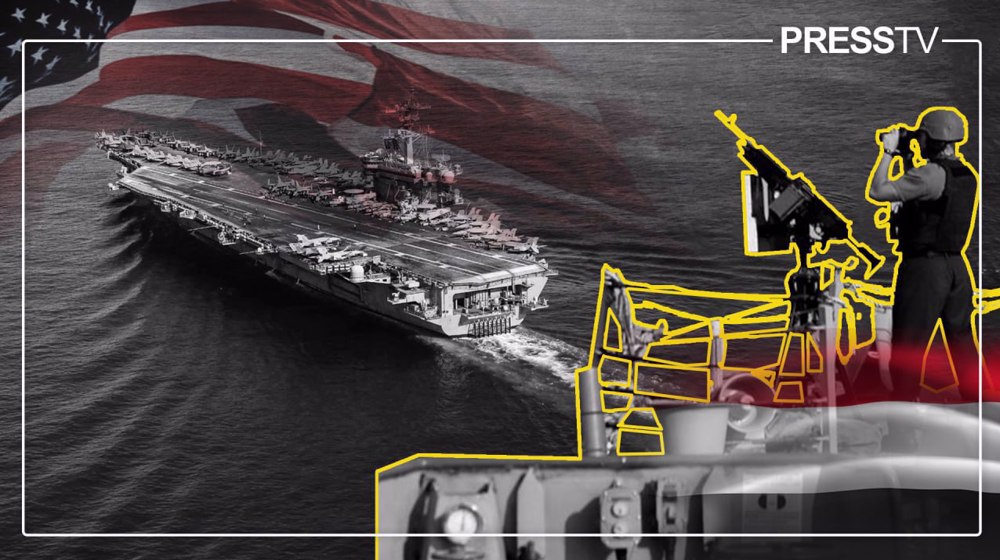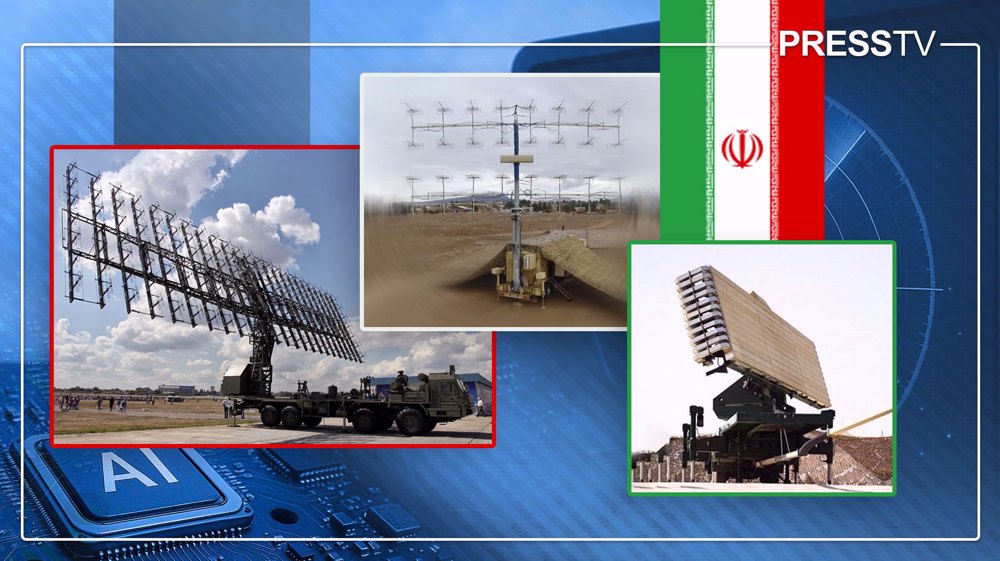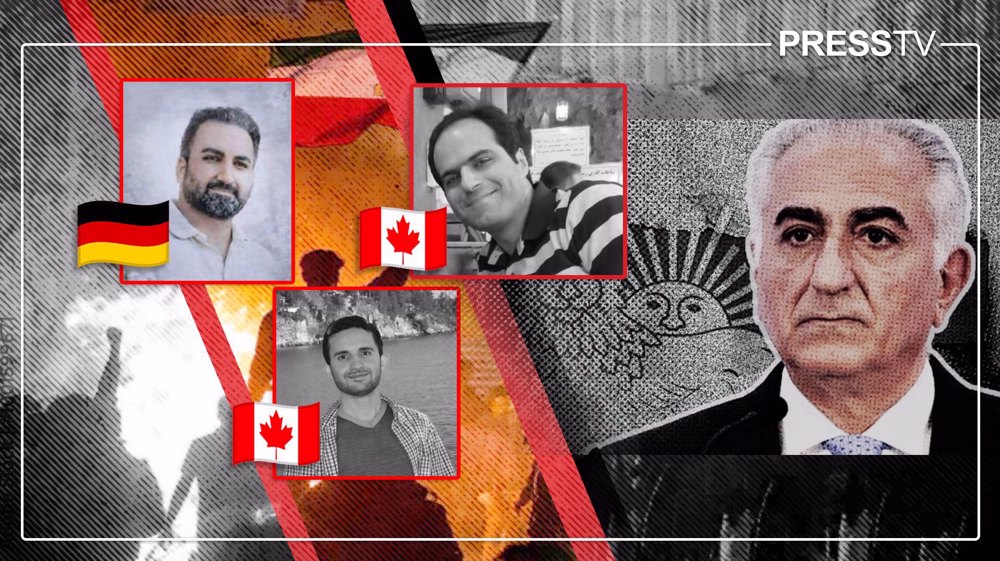Explainer: 8 years of JCPOA, a multilateral deal destroyed by US unilateralism
By Hamid Karami
It’s been eight years since the Joint Comprehensive Plan of Action (JCPOA), commonly known as the Iran nuclear deal, was signed between Iran and the world powers in the Austrian capital Vienna.
The signatories to the landmark agreement signed on July 12, 2015, were China, France, Germany, Russia, and the United Kingdom, apart from Iran and the United States.
Under the agreement, the US and the EU agreed to remove a number of anti-Iran sanctions imposed over the years, in exchange for Iran limiting its uranium enrichment and reducing its existing stockpile.
The deal was eventually violated by the US, during the administration of President Donald Trump, even though Iran fully adhered to its share of commitments. Europeans also failed to salvage the accord.
Talks underway for the last two years in Vienna to revive the deal have failed to produce a breakthrough, mainly due to the policy of procrastination adopted by the US and its European allies.
What is the JCPOA?
The JCPOA was the result of 20-month marathon negotiations between the diplomats of Iran and the US, as well as other officials from European countries.
These negotiations first led to the interim Joint Plan of Action concluded in 2013 in Geneva, then a framework agreement concluded in April 2015 in Lausanne, and finally on July 14, 2015 in Vienna, it was announced that the final agreement has been clinched.
The historic agreement was widely welcomed worldwide, except for the Zionist regime and its affiliated elements of the US Republican Party.
At the time, many regional observers praised the agreement and then-US President Barack Obama's apparently pragmatic policy, considering it a turnaround in Washington's decades-long anti-Iranian policy.
Others, however, urged caution, pointing to the fact that Americans and their European allies were unreliable.
How did the accord begin to collapse?
Over the next two years after the signing of the deal, while Iran fully complied with the terms of the agreement, the unreliability of Americans was clear as they looked for pretexts to scale back their commitments.
However, with the accession of Trump to the US presidency, known for his close affiliation with Zionists and neocons, the stage was set for the violation of the accord, despite Iran's full compliance.
On May 8, 2018, Trump officially announced that he was withdrawing the US from the JCPOA and imposed the "strongest sanctions in history" on Iran under the so-called "maximum pressure" campaign.
Previous warnings by the Leader of the Islamic Revolution Ayatollah Seyyed Ali Khamenei about American unreliability and lack of trustworthiness, proved right as Trump unilaterally walked out of the deal.
For the fourth time since the Islamic Revolution, the US responded with hostility to an extended hand of cooperation; the first time with the rejection of requested blocked assets in 1979, the second time with the introduction of economic sanctions in the 1990s, the third time with the rejection of offered anti-terrorist cooperation in 2001.
With zero diplomatic experience and blind trust in his megalomaniac Zionist advisers, Trump expected the withdrawal to force Iran to sign a new agreement with much greater concessions or witness the collapse of the country's economy, society, and state.
However, his foolhardy gambit turned out to be a huge miscalculation as Iran not only successfully survived all the maximum pressure campaign, but turned the adversity into an opportunity for progress.
How did Iran respond to US withdrawal?
Trump's unilateral move virtually led to the collapse of the implementation of key provisions of the JCPOA, i.e. sanctions removal and enrichment limit, as the two main parties to the agreement were Iran and the US
Despite the US withdrawal, Iran decided to remain a signatory to the agreement with the remaining parties, but with the implementation of reciprocal measures in line with parliamentary law.
These measures include continuing to enrich uranium to a higher level and increasing its stockpiles — measures that Iranian officials have repeatedly stressed are reversible if Americans return to the deal in good faith and lift crippling sanctions.
In response to the US move, Iran also sent seven demands to European countries, asking them to comply with their obligations under the agreement.
However, in practice, the EU proved to be extremely subservient to Washington, with only verbal criticisms of Trump, whose policy of imposing anti-Iran sanctions was followed by his successor, Joe Biden.
What prevents renewal of the agreement?
Biden's pre-election promises to reverse the measures of his predecessor and return to the JCPOA turned out to be a mere deception, with two and a half years of refusal to engage in serious negotiations with Iran.
Iran's conditions for full compliance are clear and rational: the return of the US to the agreement, the lifting of all sanctions imposed by the Trump administration, and assurances that the current or future US administrations will not violate the agreement again.
The US, however, has failed to show political will for a solution and continues with non-constructive answers, shifting the responsibility to the Iranian side, or proposing a limited agreement that technically and temporally suits only them, according to observers.
This policy of procrastination, observers say, has led to a stalemate in talks underway in Vienna since April 2021.
Hamid Karami is a Tehran based strategic affairs analyst.
Iran’s layered arsenal primed to deter – and decimate – US warships in Persian Gulf
Iranian commander dismisses US military buildup in West Asia as ‘theatrical gesture’
Trump ‘curious’ why Iran hasn’t ‘capitulated’ despite massive US military buildup: Witkoff
Hawkish US senator pushes Trump to ignore aides, press ahead with war against Iran
Far-right, anti-Islam protest sparks counter-protests in Manchester
Press TV's news headlines
Sudan’s mining sector suffers $7 billion loss amid ongoing civil war
Ansarullah slams Israel’s massacre in east Lebanon, urges unified Arab action










 This makes it easy to access the Press TV website
This makes it easy to access the Press TV website